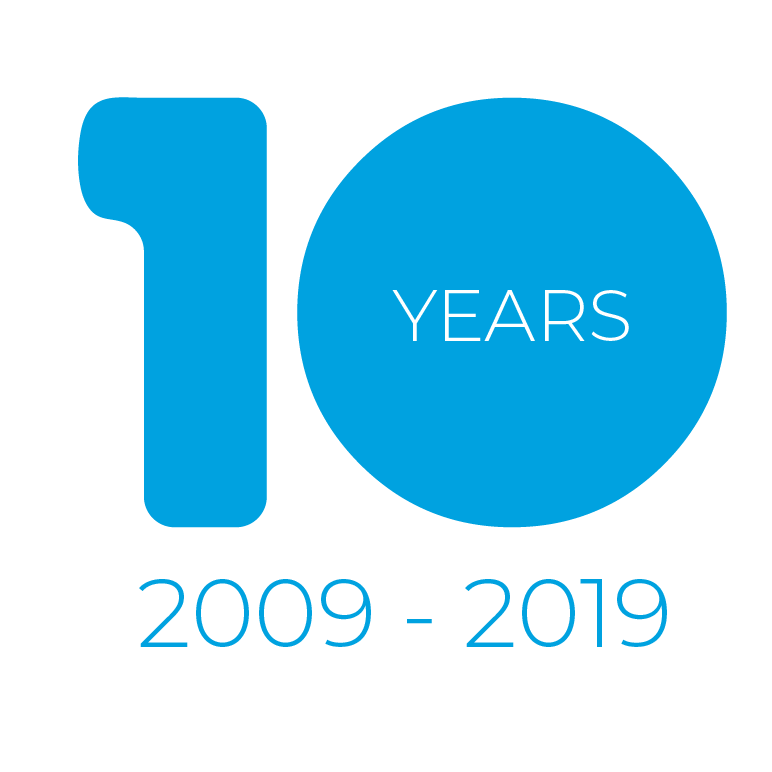The quantum supremacy — the point at which quantum computers will begin to outperform traditional computers — is just around the corner. Quantum supercomputers will be able to execute ultra-complex calculations so fast, it will leave our laptops looking like abacuses, and their processing power will drive dramatic advances in fields such as pharmaceutical, AI research, and much, much more. But when the quantum supremacy comes, one of the first changes it will bring will be to the field of cryptography. Because quantum computing will break it.
The threat to modern cryptography is a threat to everything for which we use cryptography, from securing national, critical infrastructures to our individual privacy. In anticipation of the looming quantum shift, researchers around the world are already working on post-quantum cryptography — including SnT’s own Dr Peter Roenne.
Dr Roenne and his team are exploring options for preserving our privacy in a post-quantum future when attackers might have access to quantum computers. To do this, they are researching how today’s technologies might be used to ensure deniability, the property that enables the original author, receiver, and content of the message all to remain uncertain, so everyone involved can plausibly claim, “it wasn’t me.”
Building deniability into computer security is an insurance policy against hacks and leaks, ensuring messages can’t be pinned on you even if the unthinkable happens and somehow your encryption is broken. One way the team has been able to achieve this is by hiding messages in the noise that is inherent in quantum communication itself.
Their strategy, called ‘covert communication’, can help ensure that your communication remains safe even after quantum computers change our technological realities. So, by the time quantum computing is accessible, we will have the tools we need to stay one step ahead of the next challenge to our digital privacy.

SnT is turning 10! We’ve come a long way since launching our activities in 2009. Stay tuned for a year full of celebrations, cutting-edge research, and new milestones.
OVER 40 INDUSTRY PARTNERS | MORE THAN 70 EUROPEAN PROJECTS | 103 GRADUATED PHDS | 4 SPIN-OFFS
